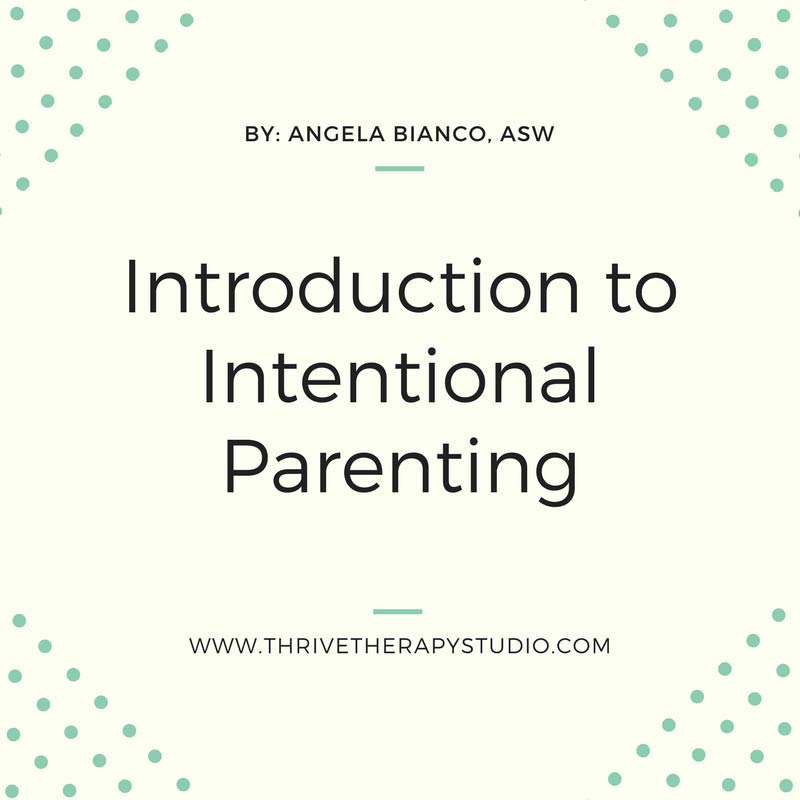Introduction to Therapy Series: 6 Reasons you should bring your child/teen to therapy:

Parents are more likely to operate from a reactive state of mind instead of working from a clear set of principles and strategies. We call this “autopilot”; where we grab our four year old who just slapped us on the back and with wide eyes and clenched teeth say “Hitting is not okay” and take him to his room for a time out to process what’s just happened. Fear, punishment and drama are probably not part of your principles and strategy, so why would you want to instill this as a primary motivator to your child? The lesson here reads “Power and control are the best tools to get others to do what we want them to do.” You don’t have to choose this route; in fact it’s been proven ineffective. Dr. Dan Siegel discusses specific strategies to use with his No Drama Discipline approach. This approach allows you make more free flowing conscious decisions in times where reactivity is most likely. What are the benefits? You won’t find yourself in power and control struggles and you will feel more confident and secure in your parenting.
In the scenario of the four old; here’s an alternative way to respond. Ask yourself these three questions. Why did he act this way? What’s the lesson? How can I best teach it? Chances are your four year old was searching for your attention. He’s still navigating the art of consistently calming oneself. Your wish for him to act like a regulated adult is unfortunately a faulty expectation. The lesson you want to teach is “there are better ways to getting someone’s attention than violence”. Now, how can you teach this? Connect with your child by making eye contact and calming physical touch. Validate his big four year old feelings and exclaim “Wow! It’s hard to wait, isn’t it?” “It looks like you’re angry that I’m speaking with someone on the phone right now.” Engage him and support him in building his emotional vocabulary. At this point, he’s probably agreed and his body language and thoughts will become calmer. Now, discuss alternatives to slapping your back and teach your child WHAT to do; not just WHAT NOT to do.
If you would like to talk with a Thrive Therapist about yourself, your child, or teen attending therapy, please reach out to us by phone at (858) 342-1304.
As always, thanks for reading and comments are always welcome regarding any issues around child or teen psychotherapy services in San Diego by Thrive Therapy Studio.
To stay in the loop on the services offered and to receive updated information about Thrive, please feel free to sign up for the newsletter through the following link: http://eepurl.com/cvGx5n.
Reach out to start
your healing journey

